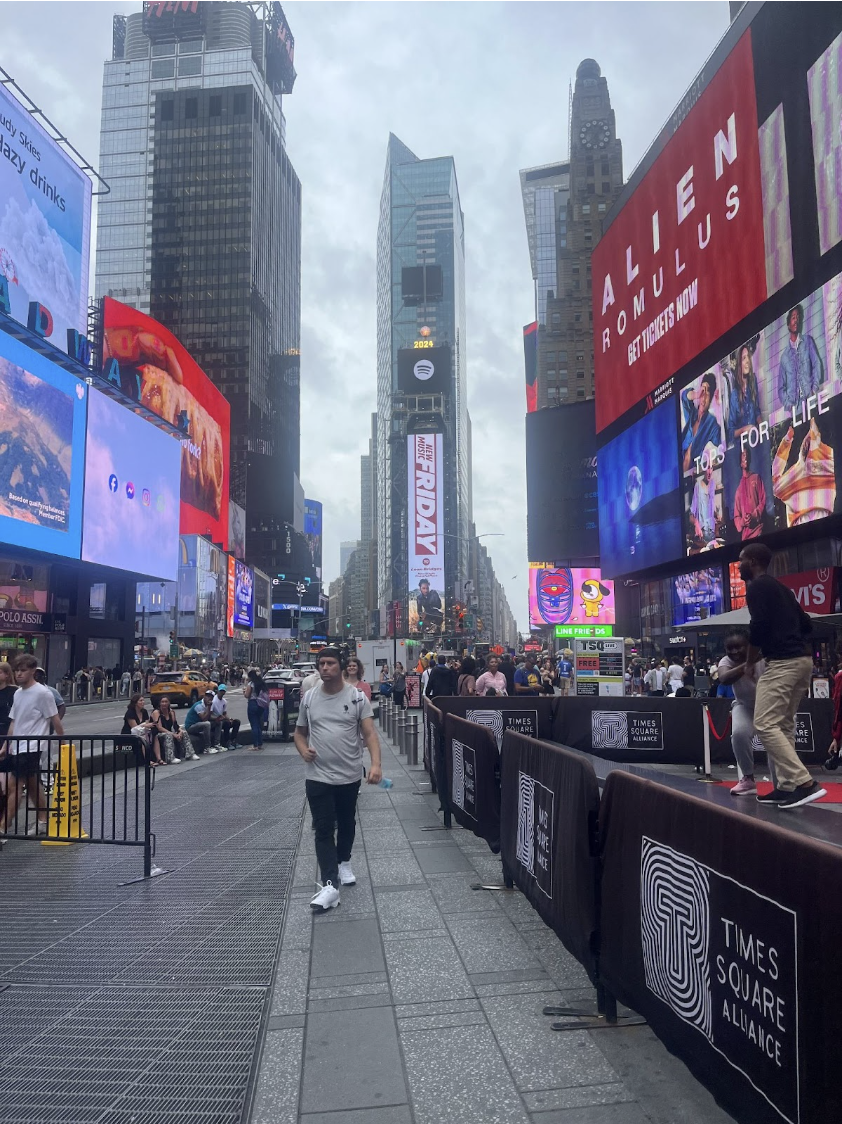Our attention spans are getting shorter and shorter every day. In 2000, an average teenager’s attention span was around twelve seconds. By 2016, it was recorded as around eight seconds – shorter than a goldfish’s. With billions of new social media posts to scroll through every day and all of the information in the world at our fingertips within an instant, it is understandable that we would come to expect everything quickly and to filter out what is uninteresting.
On the other hand, with social media, many of us have been exposed to new information, ideas and social movements. No matter what you believe in, someone on social media is fighting to see the change they desire. Social movements on social media are a crucial part of the teenage world that encourages us to become informed on the issues that matter to us and to be active members of our democracy.
Hahrie Han, professor of political science at Johns Hopkins University and author of several books covering social change, sat down with the World Economic Forum, a nonprofit public-private cooperation organization, to discuss the complexity of modern social movements.
“Right now, we live in an era where it’s easier than ever before for people to get involved. I can send out one tweet or a viral hashtag,” Han said. “I can get hundreds of thousands or even millions of people out into the streets. But when you talk to the people who are on the front lines, on the one hand, they feel like it’s easier than ever before to get people involved. But on the other hand, it’s harder than ever to make it feel like their participation actually matters.”
Though social media has introduced many of us to important movements, it has also gravely shortened our attention span, which can be a massive obstacle in our quests for change. Whether we genuinely back a movement by spreading awareness or making calls to our legislators or attending protests, our efforts can be futile. When these modern social movements depend on virality and succumb to any setback, it is challenging for young people to treat these as anything other than a trend.
“A lot of social movements mistake attention for power. We live in an attention economy. But attention doesn’t necessarily mean that you can actually make the change that you want,” Han said.
Han also asserts that we may get millions of people to mobilize for change, but that mobilization means nothing without organization. Only when we young people begin to lengthen our attention spans, focus on what our movement needs and organize effectively will the change we want to see come. We must not move on. We must fight before time runs out and we forget what we were fighting for all along.





